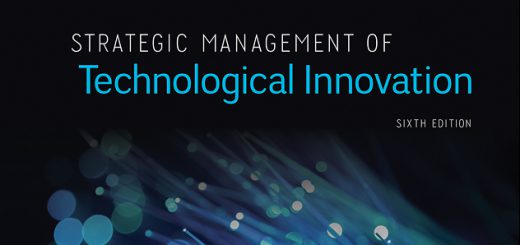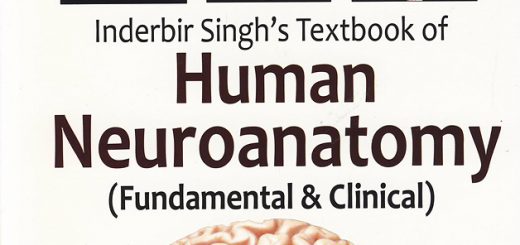Data analysis techniques for physical scientists
CALL NO Q180.55.S7 P972d 2022
IMPRINT Cambridge : Cambridge University Press, 2022
[For MU Students and Staff can request here]
A comprehensive guide to data analysis techniques for physical scientists, providing a valuable resource for advanced undergraduate and graduate students, as well as seasoned researchers. The book begins with an extensive discussion of the foundational concepts and methods of probability and statistics under both the frequentist and Bayesian interpretations of probability. It next presents basic concepts and techniques used for measurements of particle production cross-sections, correlation functions, and particle identification. Much attention is devoted to notions of statistical and systematic errors, beginning with intuitive discussions and progressively introducing the more formal concepts of confidence intervals, credible range, and hypothesis testing. The book also includes an in-depth discussion of the methods used to unfold or correct data for instrumental effects associated with measurement and process noise as well as particle and event losses, before ending with a presentation of elementary Monte Carlo techniques.
- Includes problems at the end of each chapter providing students and instructions with a way to test their knowledge
- Presents step-by-step derivations of most of the mathematical concepts and tools used in the presentation of statistical methods and data analysis techniques which allows students to easily follow mathematical derivations and focus on the interpretation of the concepts
- Provides a detailed discussion of techniques involved in measurements of correlation functions providing practitioners in the field of high-energy physics with the ability to measure high-precision correlation functions





